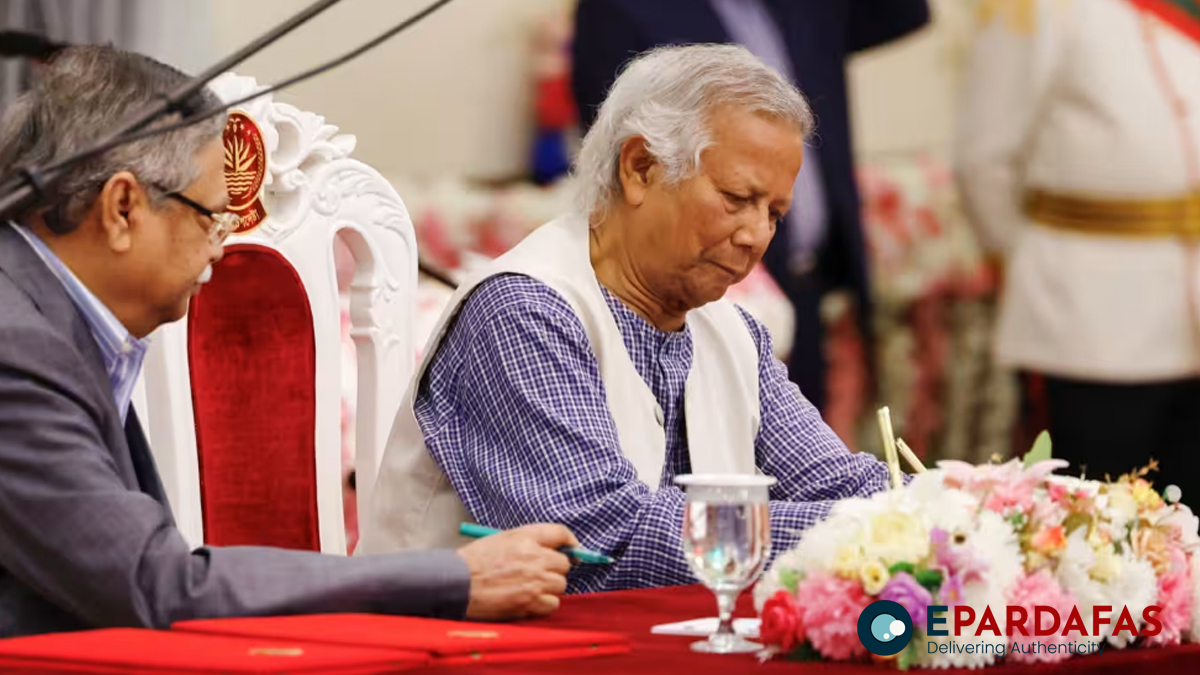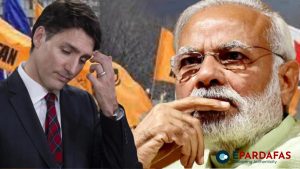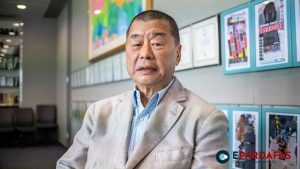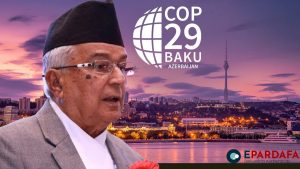
Muhammad Yunus Takes Office as Head of Bangladesh’s Caretaker Government Amid Political Turmoil

Nobel laureate Muhammad Yunus assumed office on Thursday as the head of Bangladesh’s caretaker government, following the resignation and flight of former Prime Minister Sheikh Hasina amid escalating protests. Yunus, who returned to Bangladesh from France earlier that day, expressed hope to restore stability in the country, according to local media reports.
The appointment of Yunus comes after military chief Gen. Waker-uz-Zaman temporarily took control in the absence of Hasina, announcing that a new government led by Yunus as “chief adviser” would be formed on Thursday. The transition follows Hasina’s departure to India on Monday, as mass protests demanding her resignation intensified. The demonstrations, which began in July over preferential government job quotas, turned increasingly violent, leading to a severe crackdown and numerous casualties.
In response to the unrest, President Mohammed Shahabuddin decided to dissolve Parliament, where Hasina’s Awami League held a majority, and establish an interim government under Yunus’s leadership. Yunus, who gained international recognition for founding Grameen Bank and won the Nobel Peace Prize in 2006 for his work in microlending, has been a long-standing critic of Hasina’s administration.
New elections are expected to be held under the interim government to stabilize the situation in Bangladesh. Reports have surfaced of attacks on Awami League officials following Hasina’s ousting. In a statement on Wednesday, Yunus welcomed the change in government as a “victory” but called for restraint and an end to all forms of violence.
Former Prime Minister Khaleda Zia, leader of the opposition Bangladesh Nationalist Party, who was released from house arrest following Hasina’s departure, also urged against “revenge” in her remarks on Wednesday. Concerns have been raised about political coercion during Hasina’s rule, with Yunus himself facing legal pressures.
With no clear constitutional procedures for forming an interim government after the changes enacted under Hasina, political factions in Bangladesh will need to coordinate on the next steps, drawing on past transitional government models.
- Nepal’s Tapas Adhikari Honored with Global Ambassador Award 2024
- India Warns Canada of Further Strain Over Alleged Campaign Targeting Sikh Activists
- Adani Group Denies Bribery Allegations as “Baseless,” Reaffirms Commitment to Compliance
- Revenue Collection Increases by 17% in Q1 of FY 2024/25, but Misses Target












Comments